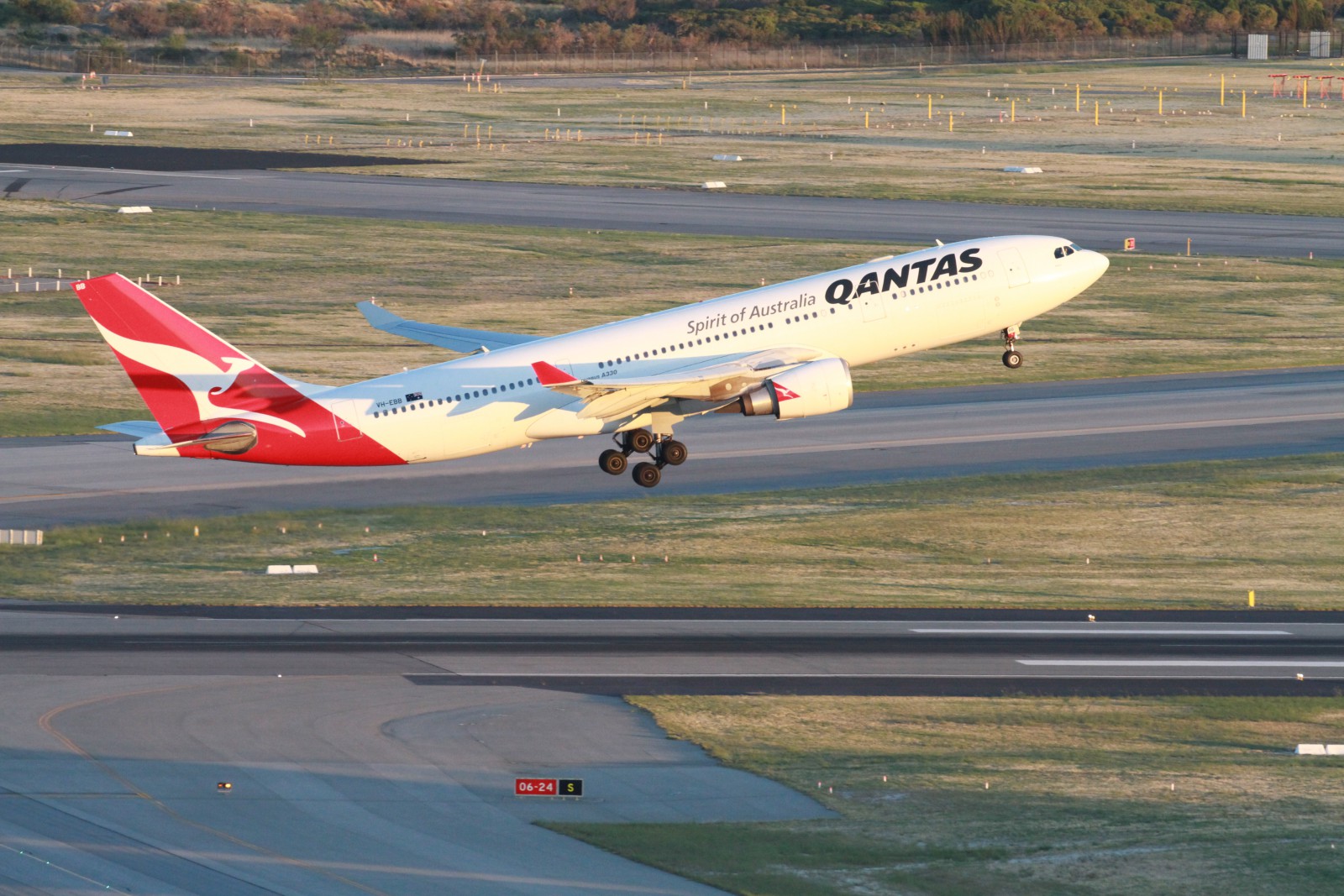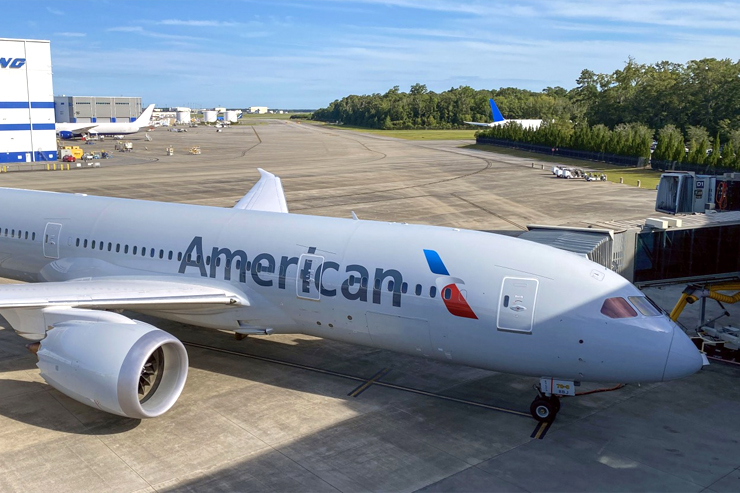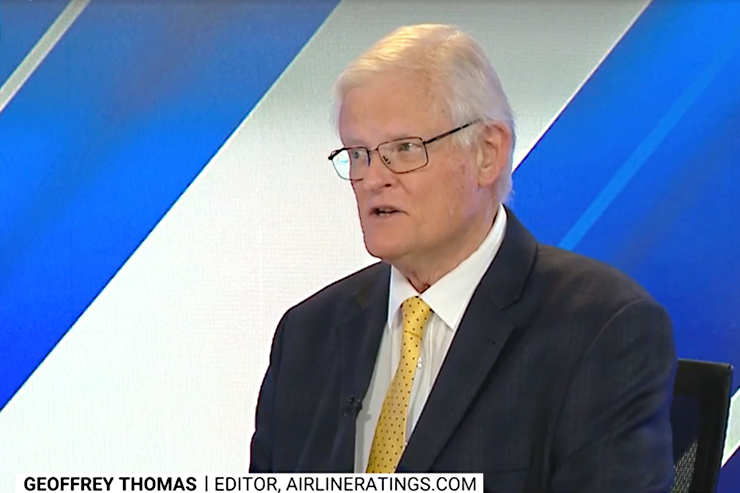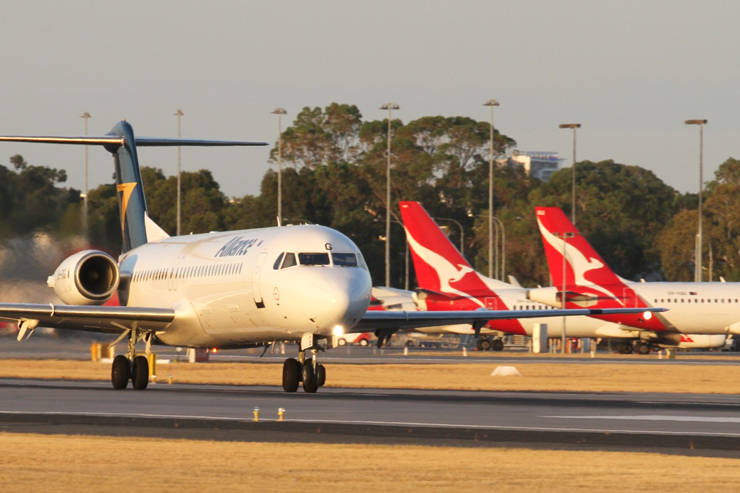Qantas Remains Resilient Amid Challenging Times

In the face of turbulent times, Qantas remains steadfast and optimistic, despite posting an underlying loss of A$1.80 billion and a statutory loss before tax of A$1.19 billion. These numbers reflect the airline’s resilience as it navigated the tumultuous waters of the pandemic and other challenges.
The Qantas Group has encountered its third consecutive Statutory Loss Before Tax exceeding $1 billion, mainly due to the enduring impacts of the Delta and Omicron variants. Additionally, upfront costs associated with restarting the airline following prolonged lockdowns contributed to these financial figures.
For the full 2022 financial year, the Group reported an Underlying Loss Before Tax of $(1.86) billion and a Statutory Loss Before Tax of $(1.19) billion. Notably, the difference between these two figures can be attributed to a $686 million net gain from the sale of surplus land, which played a crucial role in reducing COVID-related debt.
The aviation industry, especially airlines like Qantas, faced a challenging year characterized by border closures and the ever-evolving uncertainties stemming from COVID variants. Despite these hurdles, the fourth quarter witnessed a resurgence in travel demand, reaching the highest sustained levels since the pandemic’s onset. Overall, the Group’s flying levels for the year averaged at 33 percent of pre-pandemic levels, concluding at an impressive 68 percent.
Qantas proudly declared that its Group Domestic operations achieved profitability at the Underlying EBIT level in the fourth quarter of 2022. Furthermore, Qantas Freight showcased another record-breaking annual performance, while Qantas Loyalty experienced double-digit earnings growth in the second half of the year.
The reopening of borders brought a surge in forward travel demand, combined with the Group’s recovery plan, resulting in substantial improvements to its balance sheet. Notably, net debt plummeted from a peak of over $6.4 billion to a manageable $3.9 billion at the end of FY22, well below the optimal target range of $4.2 billion to $5.2 billion.
With the existential crisis posed by the pandemic now behind them, Qantas shifts its focus towards addressing current operational challenges. The airline highlights that key customer measures, such as contact center wait times, cancellation rates, and mishandled bag rates, are steadily returning to pre-COVID standards as of August 2022.
On-time performance has witnessed a significant improvement, rising from 52 percent in July to 66 percent in August. This figure is expected to further improve to 75 percent in September and approximately 80 percent in October 2022, barring any external factors like extreme weather.
Qantas Group CEO Alan Joyce expressed confidence in the airline’s future, acknowledging the challenges of the past year. He emphasized that the company’s primary focus remains on safety while acknowledging that service levels have room for improvement, especially as the demand for travel rebounds.
The pandemic’s impact on the Qantas Group has been profound, with a total Statutory Loss Before Tax impact of nearly $7 billion and revenue losses totaling $25 billion. However, the airline now looks ahead with optimism, announcing additional investments in its workforce and customers. This includes enhancing staff travel benefits, opening new routes, and unveiling new lounges. Importantly, Qantas also plans its first capital return for shareholders since their generous support at the onset of the pandemic, amounting to $1.4 billion.
Throughout FY22, domestic travel demand exhibited a sustained recovery, averaging 63 percent of pre-COVID levels for the year and reaching an impressive 103 percent by June 30. While Group Domestic achieved positive Underlying EBIT in the fourth quarter, extended periods of low activity and restart costs resulted in a full-year Underlying EBIT loss of ($1.1) billion.
The Group’s international passenger business faced substantial losses, but these were significantly offset by the record performance of Qantas Freight. This division benefited from high yields due to the ongoing shortage of cargo space globally, as well as the continued shift to e-commerce within Australia.
Despite international capacity averaging just 17 percent of pre-COVID levels for the year, it increased to 49 percent by June 30. The Group resumed flights to 19 ports and announced eight new destinations, including Rome, Seoul, and Delhi, demonstrating a forward-looking approach.
While airlines worldwide grapple with constraints in terms of aircraft and labor availability, leading to challenges in returning to pre-COVID capacity levels, Qantas has managed to achieve strong yields across its international flying. These robust yields have helped offset the substantial rise in jet fuel costs.
Qantas Loyalty reported a significant increase in revenue, up 36 percent to $1.33 billion, with Underlying EBIT increasing by 7 percent over the year and experiencing double-digit growth in the second half. The division’s strength throughout the pandemic stemmed from its focus on member value and program partner collaboration.
In February 2022, a decision to reduce the number of points required for hotel and holiday redemptions resulted in a 40 percent increase in bookings in the fourth quarter. Additionally, Qantas’ acquisition of a majority stake in online travel business TripADeal in May 2022 opened up new avenues for members to earn and redeem points, offering a significant growth opportunity.
Frequent Flyer membership expanded to 14.1 million during FY22, reflecting a total increase of around 1 million since the pandemic’s onset.
With strong revenue performance and the sale of surplus land, the Group has successfully reduced its net debt to $3.94 billion, falling below the optimal target range of $4.2 billion to $5.2 billion. Total liquidity at the end of June 2022 stood at $4.6 billion, including $3.3 billion in cash.
In addition, Qantas realized further cost benefits of $270 million in FY22, contributing to the total achieved under the Group’s COVID recovery plan, amounting to $920 million since FY20. The annualized benefit of $1 billion remains on track from FY23 onwards.
Qantas has maintained an investment-grade credit rating throughout the pandemic and witnessed its outlook upgraded to ‘stable’ by Moody’s during the year.
To reward its dedicated employees, Qantas plans to enhance its Staff Travel scheme by providing better access for family members and expanding fare discounts on standby travel. Additionally, the Group expects to spend approximately $50 million on pay increases for EBA-covered employees in FY23, ensuring the average non-executive salary at Qantas exceeds $100,000. This is complemented by setting aside approximately $200 million for a $5,000 recovery boost payment and 1,000 share rights for over 17,000 individuals.
In summary, Qantas remains a resilient force in the aviation industry, overcoming significant challenges and adapting to changing circumstances. As it charts its path forward, the airline holds its commitment to safety, service improvement, and delivering value to its passengers and shareholders at its core.





